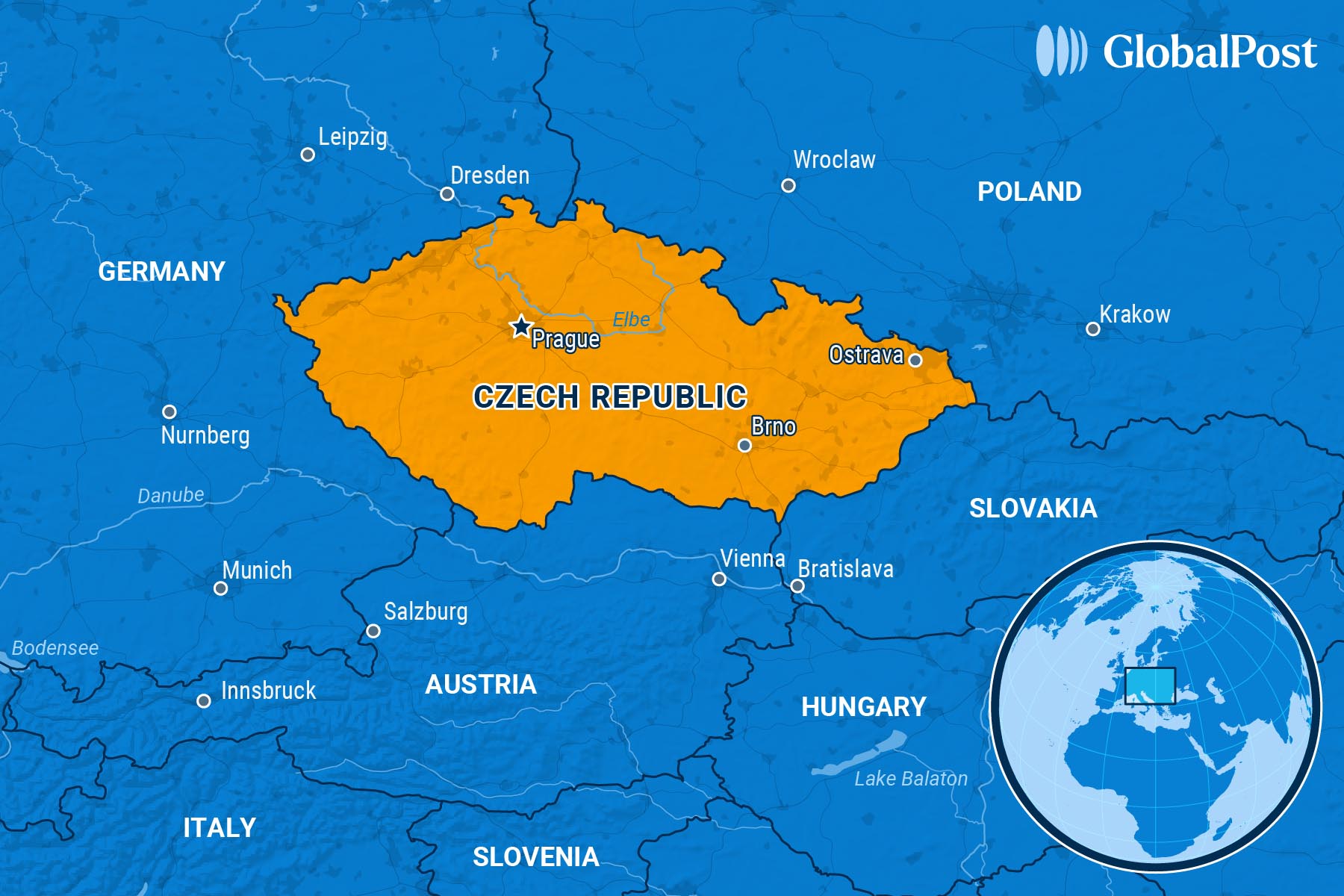Dog Days: In the Czech Republic, Competence Means Losing an Election

Around 42 percent of Czechs own dogs, one of the highest rates in the European Union.
So right-wing, populist prime ministerial candidate Andrej Babiš likely was furious when he discovered that the woman in the running to become his agriculture minister, Margita Balaštíková, allegedly hired a hitman to kill her former husband’s girlfriend’s canine, reported Politico.
Babiš quickly ejected Balaštíková from his ANO political party’s list of candidates and held interviews where he demonstrated his empathy for pooches.
Despite this hiccup, Babiš, a former prime minister who served from 2017 to 2021, is now on track to again win a majority in elections scheduled for Oct. 3 and 4.
His return has stirred strong emotions in the formerly communist Central European country. A man attacked Babiš with a walking stick, for example, at a campaign rally recently, sending the candidate to the hospital for a brief visit, the Associated Press noted.
Babiš is controversial for two reasons. First, he’s a tycoon whose business interests include agricultural giant Agrofert and media interests – an empire so vast that it’s hard to see how anyone running the Czech government wouldn’t face conflicts of interest when making government decisions. He is already the target of investigations involving corruption and conflict of interest.
Second, Babiš has also raised questions about Czech support for Ukraine’s fight against Russian aggression, a position that reflects policies also adopted by Hungarian leader Viktor Orbán in Hungary and Slovakian Premier Robert Fico.
He has threatened to scrap a Czech program that gives outgunned Ukrainians ammunition to fight Russians who have invaded their nation, for instance, telling Reuters that the program was “overpriced” and “rotten.” He would prefer to spend the money at home, he added.
Current Prime Minister Petr Fiala, of the SPOLU grouping, whom the European Conservative described as a “Europhile,” said that killing the program would be a “gift” to Russian President Vladimir Putin.
These factors are why Czech President Petr Pavel, a retired army general who defeated Babiš for the country’s head of state office in 2023, might use his powers to reject Babiš for the prime minister’s job should his party win, Politico reported.
Fiala, meanwhile, suffers from low popularity in part due to his aloof image and cerebral bearing, seen as out of touch. His defenders counter that Fiala’s enemies – perhaps with Russian financial support – have funded misinformation campaigns to undermine his image.
Many Czechs blame Fiala for allowing too many migrants into the country but the country is not experiencing a migrant crisis.
Still, Fiala has attempted to turn the upcoming election into a referendum on choosing between East and West, explained TVP World.
“Fiala is making a last-ditch appeal to voters of allies, the liberal Czech Pirate Party and the centrist Mayors and Independents, telling them only Spolu can stop Babiš from forming a government with Tomio Okamura’s far-right SPD or the left-populist Stačilo! bloc, both of which toy with ideas like holding a referendum on EU and NATO membership.”
Otto Eibl of Masaryk University in Brno says that it’s likely that Babiš will win – he is polling at 30 percent to Fiala’s 20 percent.
He adds that it’s a shame that the election is more about personality than results. Fiala, he says, has been a good steward of the country. On the other hand, the parties Babiš will likely partner with, he adds, are a threat to liberal democracy.
“Petr Fiala managed to govern without scandals…this is the only right-wing government that finished its term in modern Czech history,” he told Radio Prague International. “So Petr Fiala is great in managing more political parties, he’s great in achieving compromise, and this is something that Czech society doesn’t see, or doesn’t want to see, and doesn’t appreciate. I think that in the upcoming years we will remember Petr Fiala’s government with positive feelings.”

Subscribe today and GlobalPost will be in your inbox the next weekday morning
Join us today and pay only $46 for an annual subscription, or less than $4 a month for our unique insights into crucial developments on the world stage. It’s by far the best investment you can make to expand your knowledge of the world.
And you get a free two-week trial with no obligation to continue.
